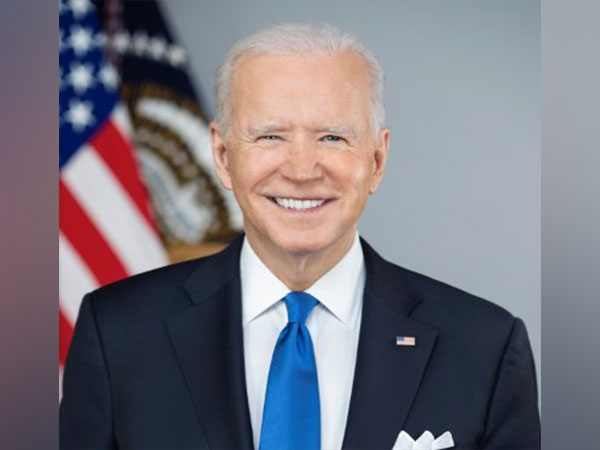Biden's Bold Push: Supreme Court Reforms and Presidential Accountability
President Joe Biden is set to propose significant reforms to the U.S. Supreme Court, including term limits and a binding code of conduct for justices. Despite the proposed changes, a divided Congress makes it unlikely for the reforms to be enacted. Biden also seeks to eliminate presidential immunity via a constitutional amendment.

- Country:
- United States
President Joe Biden is poised to introduce substantial Supreme Court reforms, including term limits and a binding code of conduct for its justices. However, the deeply divided Congress suggests these changes are unlikely to be signed into law.
Biden's proposal, to be unveiled at former President Lyndon B. Johnson's library, includes a constitutional amendment to eliminate broad presidential immunity. In an op-ed published in the Washington Post, Biden emphasizes that no one, including the president and Supreme Court justices, is above the law.
The reform push comes shortly after Biden announced he will not seek reelection and endorsed Vice President Kamala Harris. The initiative follows several Supreme Court decisions that have thwarted Biden's policy objectives on abortion, immigration, student loans, vaccine mandates, and climate change.
The Supreme Court justices, unlike other federal judges, currently have no binding ethics code and lifetime tenures. Biden will urge Congress to implement enforceable rules requiring justices to disclose gifts, avoid political activity, and recuse themselves from cases involving conflicts of interest. Additionally, he will call for an 18-year term limit for justices.
Establishing term limits and a code of conduct will require new legislation, but the current political divide makes passing such laws challenging. Furthermore, Biden will propose a constitutional amendment to ensure that former presidents are not immune from federal criminal prosecution—a proposal demanding substantial legislative approval to be enacted.
(With inputs from agencies.)










